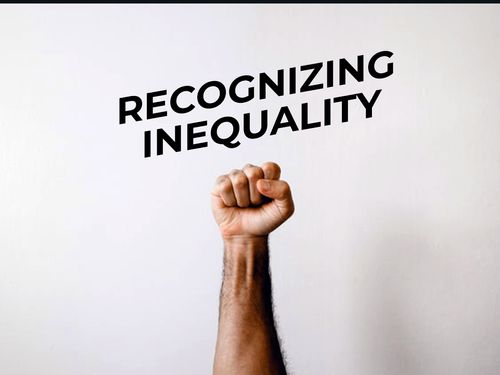Why is it so hard for white people to talk about racism?
Sep 13, 2021 · 2 mins read
0
Share

Academic and social justice trainer Robin DiAngelo’s White Fragility is written specifically by a white woman writing to other white progressives about their role in contributing to, denying and avoiding conversations on both systemic and personal racism.
Save
Share
DiAngelo offers numerous reasons race is so difficult to discuss for white people. Here are a few key reasons. 1) Lack of racism education: She points out that many of the highest-ranking positions in the United States - judges, politicians, etc. have nearly no training on racism
Save
Share
2) White Identity: By and large “whiteness” itself is antithetical to how racial discussions have progressed for hundreds of years. Communities of color are addressed en masse, while white people are addressed as individuals. Even book's title plays into this discomfort.
Save
Share
3) Biological Differences: The idea of racial “biological inferiorities” was created to justify the unequal treatment of people throughout history. It justified taking land, resources and lives. This ideology has taken (and will take) generations to undo and unlearn.
Save
Share
4) Social Construct: DiAngelo cites examples such as Armenians and Japanese people who addressed the US Supreme Court to determine who was and was not “Caucasian” and given the privileges associated. Understanding that race is social and not scientific is difficult to grasp.
Save
Share
5) Differentiation: The misconception that racism is solely intentional acts of prejudice, discrimination and/or aggression can lead to a false sense of confidence & bias. It can discourage self-reflection and the need to learn about pervasive, less obvious forms of racism.
Save
Share
6) Non-Binary: Systemic racism is embedded in the foundation upon which the US (and much of the world) was created. It should not be seen as an issue of “bad people” versus “good people”, rather it is a system created to benefit white people and its effects are still prevalent.
Save
Share
7) Reverse Racism: Confusing prejudice for racism can cause the idea of “reverse racism” to deflect the conversation. While anyone may hold prejudices/biases, no other race has institutional power over all others as whites have for centuries. There is no “reverse” version.
Save
Share
8) Privilege: Life obstacles of any sort can be used as a shield against the idea of privileges being associated with being white. DiAngelo clarifies this, saying white privilege doesn’t mean white people face no barriers. It simply means that racism is not one of them.
Save
Share
9) Excuses: Tropes like “I have black friends”, “I marched for Civil Rights” and “Anything I say or do is racist” are all defense mechanisms against real discussion of racism: how it persists and the role that every person can play in dismantling it in themselves and others.
Save
Share
0